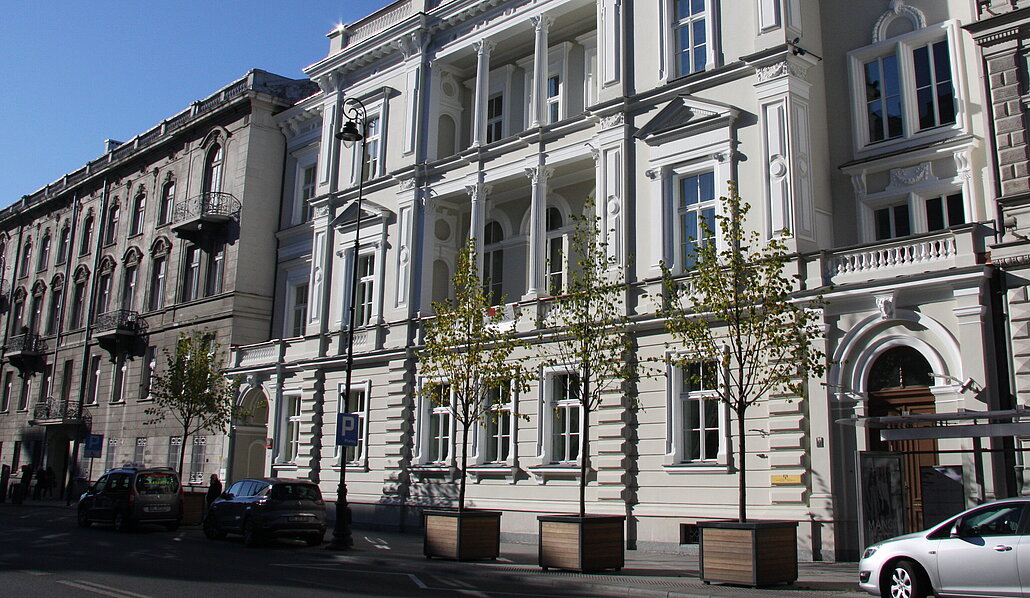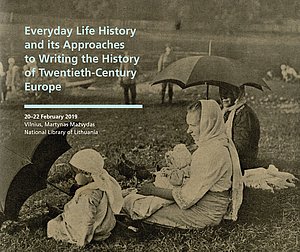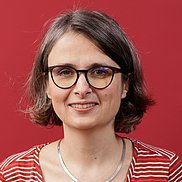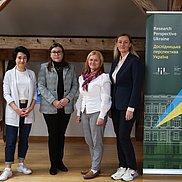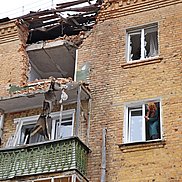Over the last decades there has been a growing interest in the history of everyday life, Alltagsgeschichte, a perspective which emerged from the context of the social and political upheavals of the 1960s. A new generation of historians turned their attention to social history and took a closer look at the “mundane” and often invisible activities of the everyday life. They became interested in the subjective experiences of individual actors, who had remained anonymous to that point in history and who had left but few sources about their lives. Everyday life historians, using sources such as autobiographies, public records, letters, visual material, newspapers and magazines, as well as series of oral interviews or other artifacts, started to construct their narratives and historicize the social practices of people and the different societal structures. Their research has primarily focused on ordinary material, individual biographies, local actors, and their different historical contexts. Through these stories of individuals, historians began to narrate history from below and reveal connections between the micro-historical context, i.e. small-scale case studies and their particular local contexts and the meta-narratives of macro-history.
The objective of this conference is to find out what new theoretical, methodological, and empirical findings in writing everyday life history are present in scholarly research today. The conference welcomes various approaches (theoretical/critical works, empirical studies, methodological discussions), and encourages submissions that cross disciplines. We seek to investigate what new conventional or unconventional source material might be used in writing this kind of history. Moreover, we are interested in studying empirical cases dealing with everyday life in the 20th century in various (e.g. state/non-state, formal/informal, religious/secular, etc.) contexts in Europe. We further seek to develop a gender perspective. In what cases and how does the category of gender emerge while investigating everyday life history? What are the links between gendered practices and their representations?
The workshop will be organized by:
Prof. Ruth Leiserowitz / Dr. des. Christhardt Henschel, German Historical Institute Warsaw and Dr. des. Gintarė Malinauskaitė, German Historical Institute Warsaw / Branch Office Vilnius
Conference dates: February 20-22, 2019
Conference venue: Vilnius, Lithuania
Photographer: Ludwig Boedecker
Copyright: The Wroblewski Library of the Lithuanian Academy of Sciences, Rare Books Department

